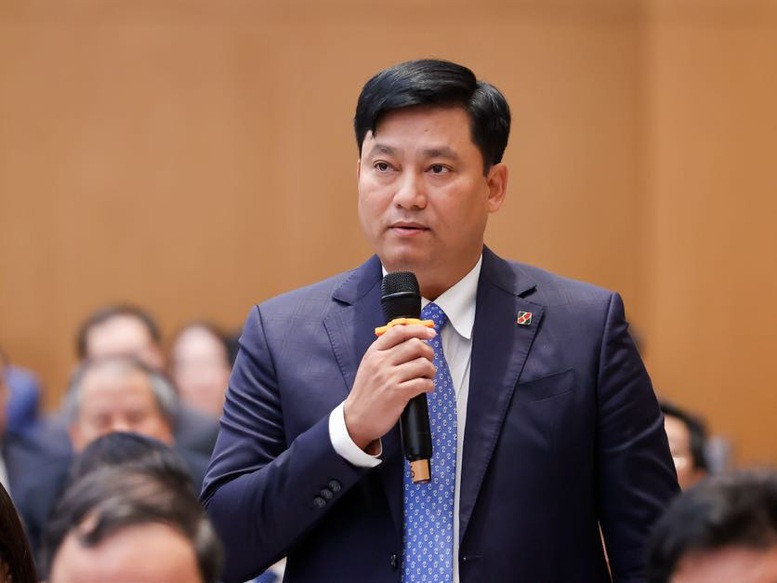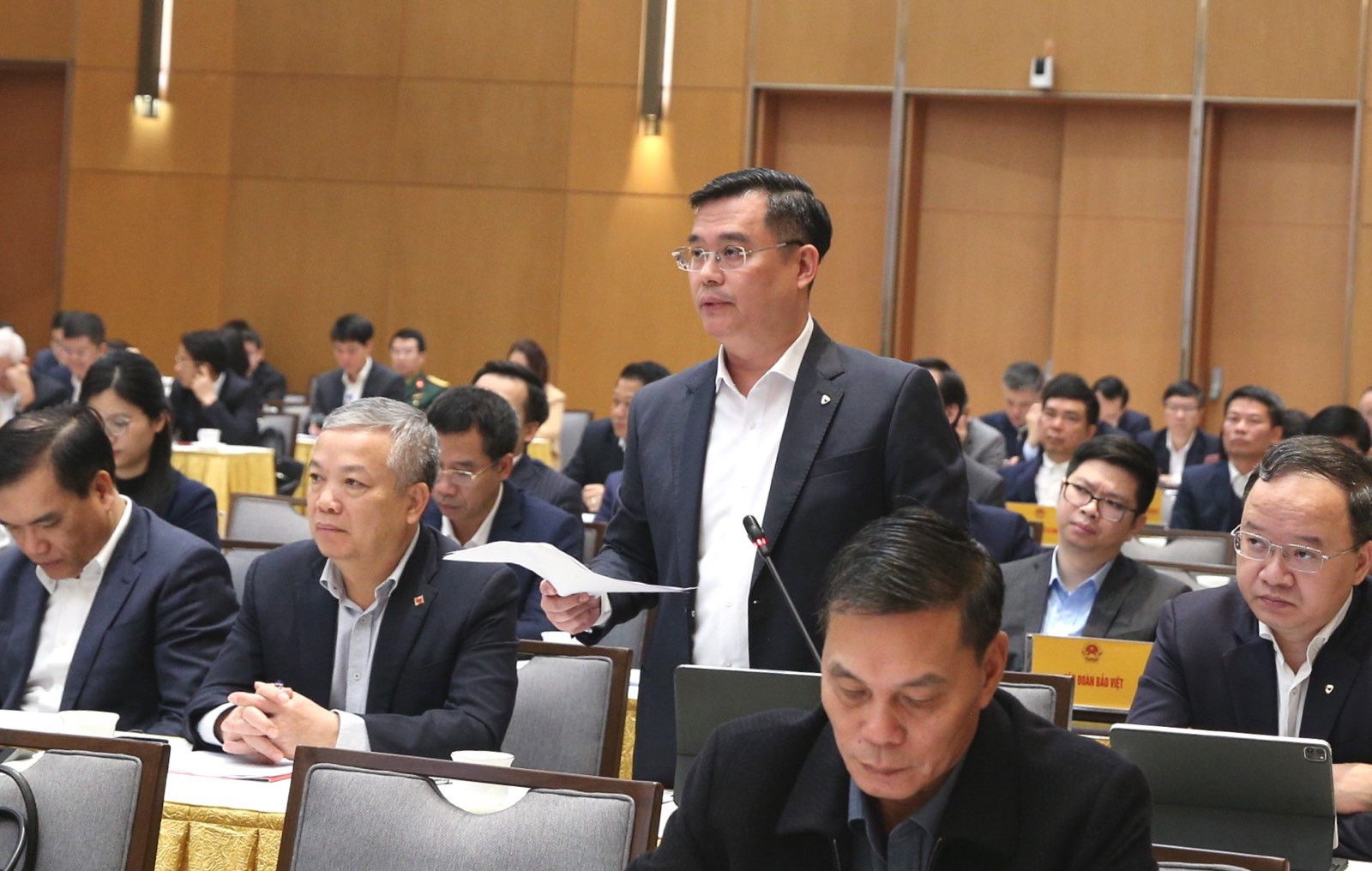During a government conference on February 27, which focused on state-owned enterprises and strategies for achieving double-digit economic growth, Agribank CEO Pham Toan Vuong emphasized the bank’s commitment to maintaining double-digit growth this year.
He assured that interest rates would remain unchanged from 2024 and may even be lowered to support economic expansion.

Regarding credit lending, Agribank has pledged to allocate VND 30 trillion over ten years for social housing, worker housing, and the renovation of old apartment buildings under Resolution 33.
As of now, the bank has provided financing to 13 real estate developers and nearly 300 individual homebuyers, disbursing nearly VND 4 trillion, with outstanding loans exceeding VND 1 trillion.
Agribank is also in the process of evaluating five additional projects, with an estimated loan package of nearly VND 3 trillion.
For the government’s initiative to construct at least one million social housing units for low-income families and industrial workers from 2021 to 2030, Agribank has committed VND 30 trillion to facilitate affordable financing for developers and buyers.
Vuong proposed that to enhance competitiveness, regulatory bodies should ensure transparency and accurate data reporting on enterprises to help banks streamline loan approval processes.
He further suggested that Agribank is ready to finance large-scale, nationally significant projects and called for a special lending mechanism to reduce loan approval timelines.
He also proposed the issuance of special project bonds, distinct from government bonds, which could attract significant commercial bank investments.

BIDV Chairman Phan Duc Tu highlighted that the combined assets of Vietnam’s five largest state-owned commercial banks - Agribank, Vietcombank, VietinBank, MB, and BIDV - total VND 10.59 quadrillion, representing 46.5% of the country’s financial system.
Their outstanding credit balance stands at VND 7.726 quadrillion, accounting for 49.5% of total national credit.
Tu noted that if credit growth is increased by 15-16% as per government directives, banks could inject over VND 1.2 quadrillion into the economy this year, with BIDV alone expected to contribute VND 328 trillion, bringing its total outstanding loans to VND 2.4 quadrillion by year-end.
He urged the government and ministries to implement strong strategies to attract medium-term funding for economic development, particularly through foreign direct and indirect investment.
He also emphasized the need for a stable, upgraded financial market, including the stock and bond markets, and proposed attracting more institutional investors.
Furthermore, Tu called for an accelerated legal framework to institutionalize effective policies from Resolution 42 on bad debt management, arguing that swift restructuring of weak financial institutions would strengthen the banking system and promote fair competition.
He also recommended the introduction of a sandbox regulatory framework for new financial business models in banking, securities, and insurance.

Another key proposal was to accelerate the development of the national data center and legally formalize data governance and cybersecurity measures.
Tu suggested enabling businesses and financial institutions to connect with national databases at reasonable costs, enhancing digital transformation across sectors.
Vietcombank Chairman Nguyen Thanh Tung pointed out the necessity of revising Prime Ministerial Decision No. 13, which limits bank financing for large-scale investment projects exceeding 15-25% of a company's total equity.
Adjusting this rule would allow state-owned commercial banks to extend credit to major corporations such as EVN, PVN, and TKV, ensuring the timely execution of crucial infrastructure and energy projects.
Tung also emphasized that state-owned enterprises should adopt advanced governance practices in alignment with international standards to enhance efficiency and competitiveness.
Nguyen Le